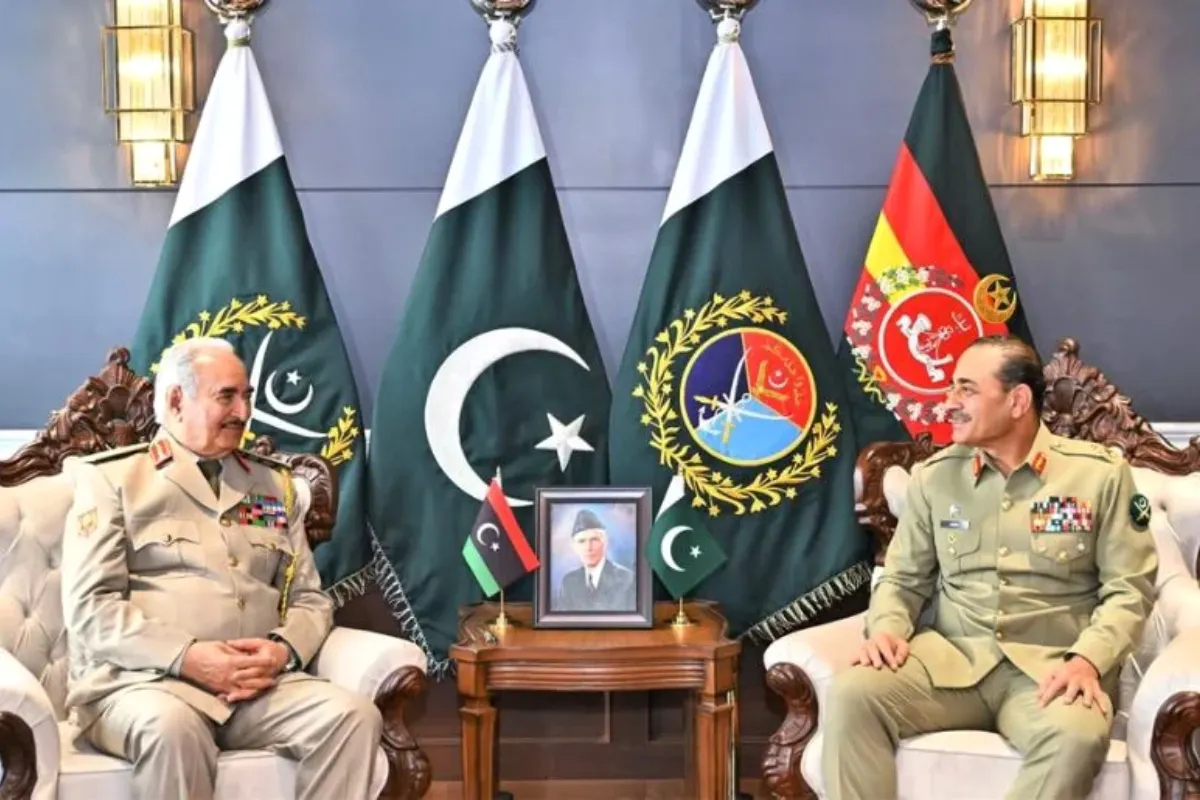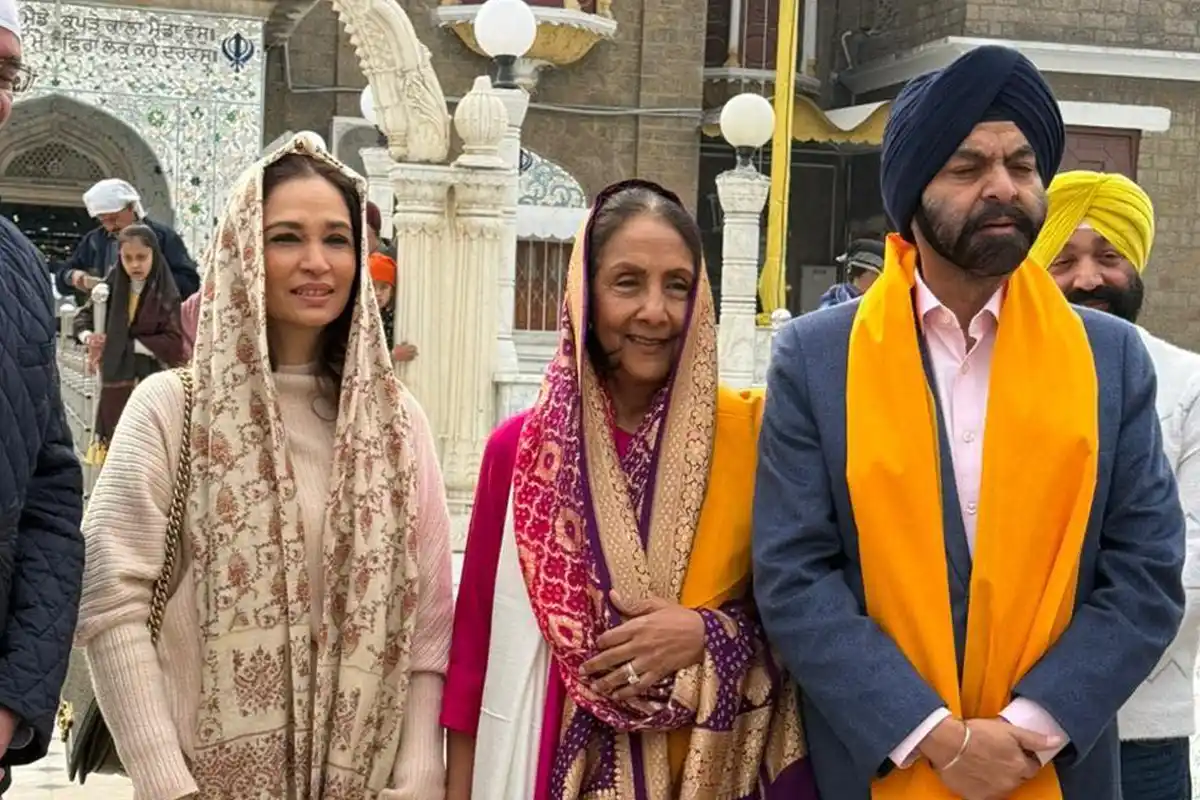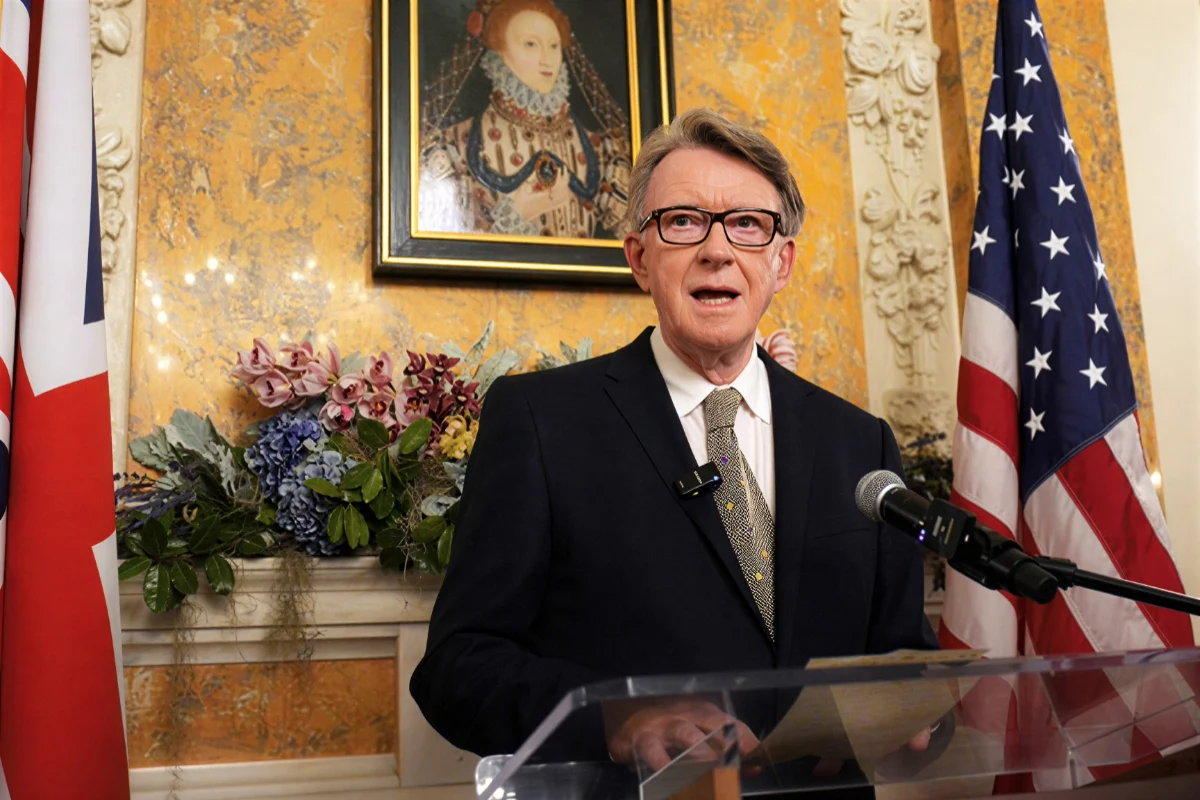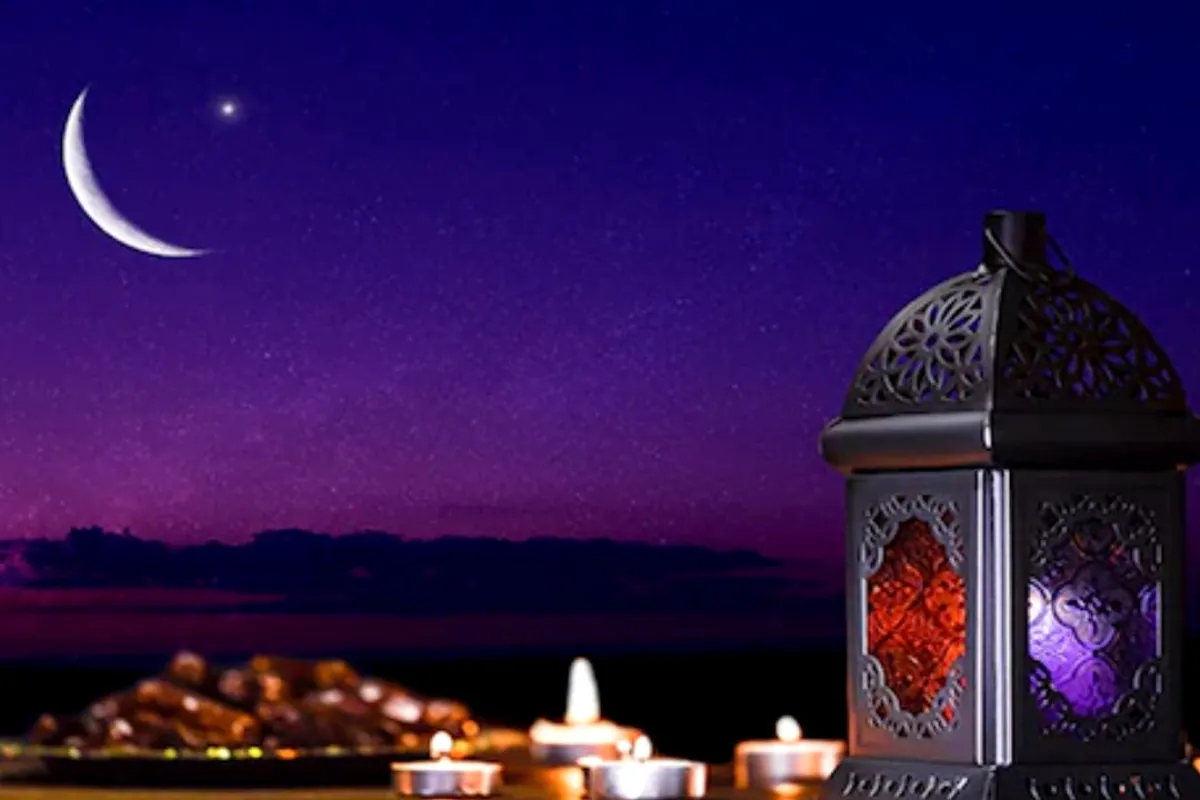Askole educator finds library inspiration in Romania
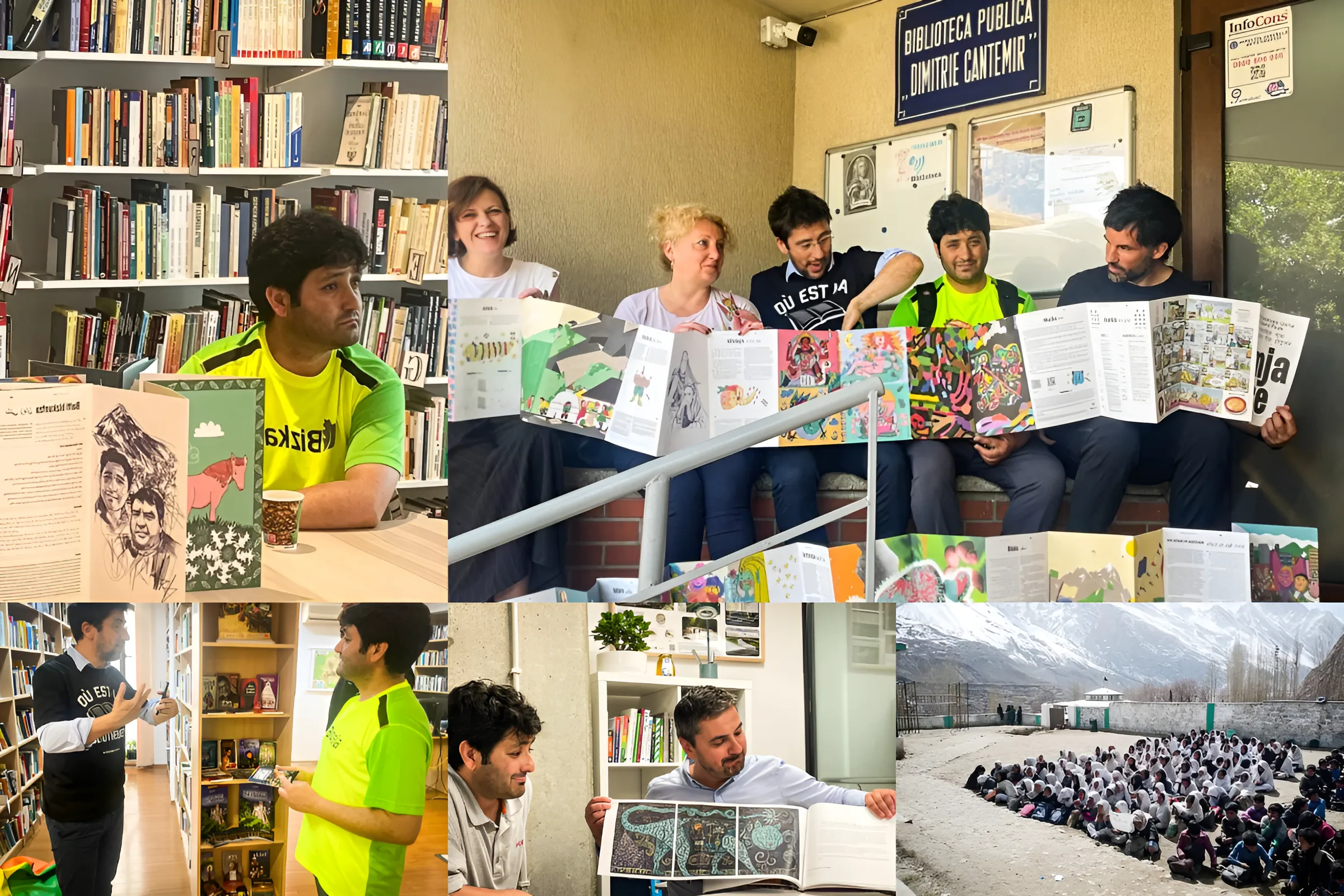
Askole educator inspiration in Romania
From the base of K2 in Pakistan’s Karakoram Mountains to the libraries in Bucharest, Romania, Muhammad Ali Askole and Ibai Etxezarraga—a Pakistani teacher and a Basque architect—are working to preserve their native languages: Balti (spoken in northern Pakistan) and Euskara (spoken in the Basque region of Spain).
In the children’s and senior section of the “Dimitrie Cantemir” Library in central Bucharest, the two men carefully placed two carousel-style books on a table, inspired by Buddhist prayer flags. Ali is the head of a school in Askole, Pakistan—the last village on the way to K2—and Ibai is a cultural activist from the Basque Country.
They brought stories, books, and ideas aimed at uplifting communities. During the pandemic, with no tourism income, the Alex Găvan Foundation helped save the salaries of three teachers in Askole. Now, Ali dreams of creating a community library in his village, open to everyone.
Ibai comes from another culturally rich but politically unrecognized place—Basque Country. He and his team are working to protect Euskara, a language spoken by just 200,000 out of 600,000 Basques.
Together, Ali and Ibai created a project called “The Correct Name,” with bilingual educational materials in Balti, Urdu, Euskara, and Nepali. They worry that as many as 26 languages disappear each year—taking with them culture, knowledge, and ways of seeing the world.
Euskara is a rare pre-Indo-European language, and Balti is written in Tibetan script—something very few people can still read. Their books include history, traditions, festivals, and legends of Pakistan, Basque Country, and Nepal—designed to help children learn about other cultures and appreciate their own.
They’ve taken these books to schools in remote Pakistani mountains and to Bilbao, creating an educational bridge between countries.
The project also includes plans to support other ethnic groups, like the Berbers in Morocco and Afghan refugees—especially girls—living in the Basque Country, who are helping preserve their own traditions.
In Bucharest, the pair visited three libraries: “Lucian Blaga,” “Marin Preda,” and “Dimitrie Cantemir.” They were inspired to replicate the idea of a lively, inclusive library in Askole. With help from Mihai Lupu, founder of the EduCaB organization, they hope to provide books, laptops, and ideas for this new library.
At the “Cantemir” Library, they saw how libraries can be community centers—with reading corners, workshops, computer access, and multicultural programs. EduCaB also set up the first Nepalese corner in a Romanian public library, helping migrants and students connect with Asian cultures.
Ali and Ibai’s books are used in schools in Pakistan, Nepal, and Spain. One even features Ali himself. These books were awarded at a prestigious design competition and are more than just reading materials—they’re cultural experiences.
Ali aims to make the Askole library a place not just for reading, but also for community events, music, and training. “I came to Bucharest to learn how public libraries work. We want to build one at the top of the world,” he said.
Ali was first introduced to Romania through Alex Găvan, a top Romanian high-altitude climber who met him in Askole. During the pandemic, Găvan’s foundation supported Askole’s school with teachers’ salaries, winter clothing, and school supplies.
Now, reunited in Bucharest at the Green Belt Foundation, Găvan continues his environmental work and supports Ali’s mission. They were joined by Valentina Secară, founder of Acorns Kindergarten, who also helped fund schools after the 2015 Nepal earthquake.
“Ali comes from a place that is both at the end and the top of the world,” said Găvan. “Back in 2007, many homes in Askole didn’t even have glass windows. Even in 2025, life there is unimaginably tough. These people are my teachers.”
Ali is the first university graduate from his village and has received a regional award as Principal of the Year in Gilgit-Baltistan. He is now studying for a master’s degree in Bilbao, supported by Ibai’s organization.
Their story is a powerful example of how education and culture can connect distant parts of the world and change lives.
Catch all the Pakistan News, Breaking News Event and Trending News Updates on GTV News
Join Our Whatsapp Channel GTV Whatsapp Official Channel to get the Daily News Update & Follow us on Google News.








